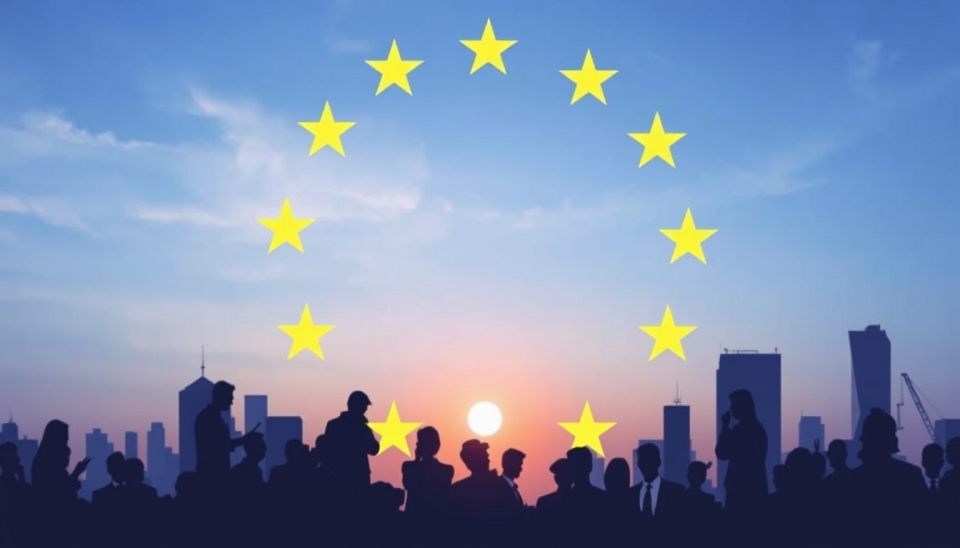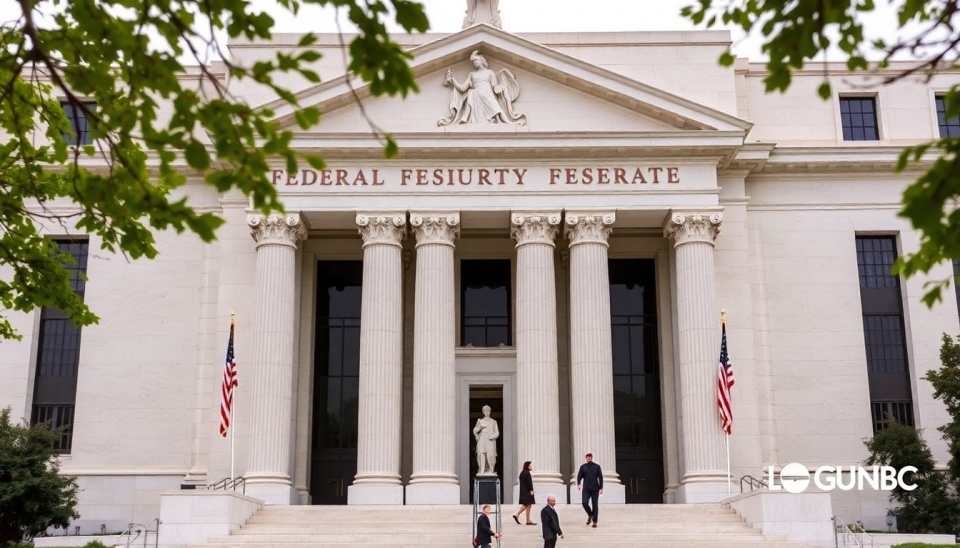Backlash Against New ESG Rules: Major Companies in the EU Push Back

Recent initiatives from the European Union concerning environmental, social, and governance (ESG) standards have attracted significant attention and sharp criticism from industry giants like Unilever and TotalEnergies. These companies have expressed their unease over how the new regulations could lead to serious changes in their operational activities, potentially burdening their existing business models.
The ESG standards were designed to enhance transparency and accountability in business; however, many corporations fear that the introduction of stringent requirements may adversely affect their ability to compete in both domestic and international markets. In particular, companies highlight that new disclosure obligations could increase operational costs, diminish investor confidence, and expose hidden risks associated with compliance.
Critics argue that overly strict rules could complicate business operations and negatively impact overall ecological sustainability. For instance, large-scale companies like Unilever believe that a more flexible approach to ESG should be considered—one that is more adaptive to differences across countries and industries.
Discussions around new standards are already underway ahead of their official implementation, raising concerns among many EU business leaders who might find themselves at a disadvantage compared to other regions. It is essential to understand that supporting sustainable development should not equate to excessive regulation that may hinder progress in this area.
Amid the ongoing debate, many experts are calling for a more balanced approach to ESG, one that takes into account the interests of all parties involved: businesses, consumers, and society at large. Otherwise, they warn, the risk of serious economic repercussions could increase.




